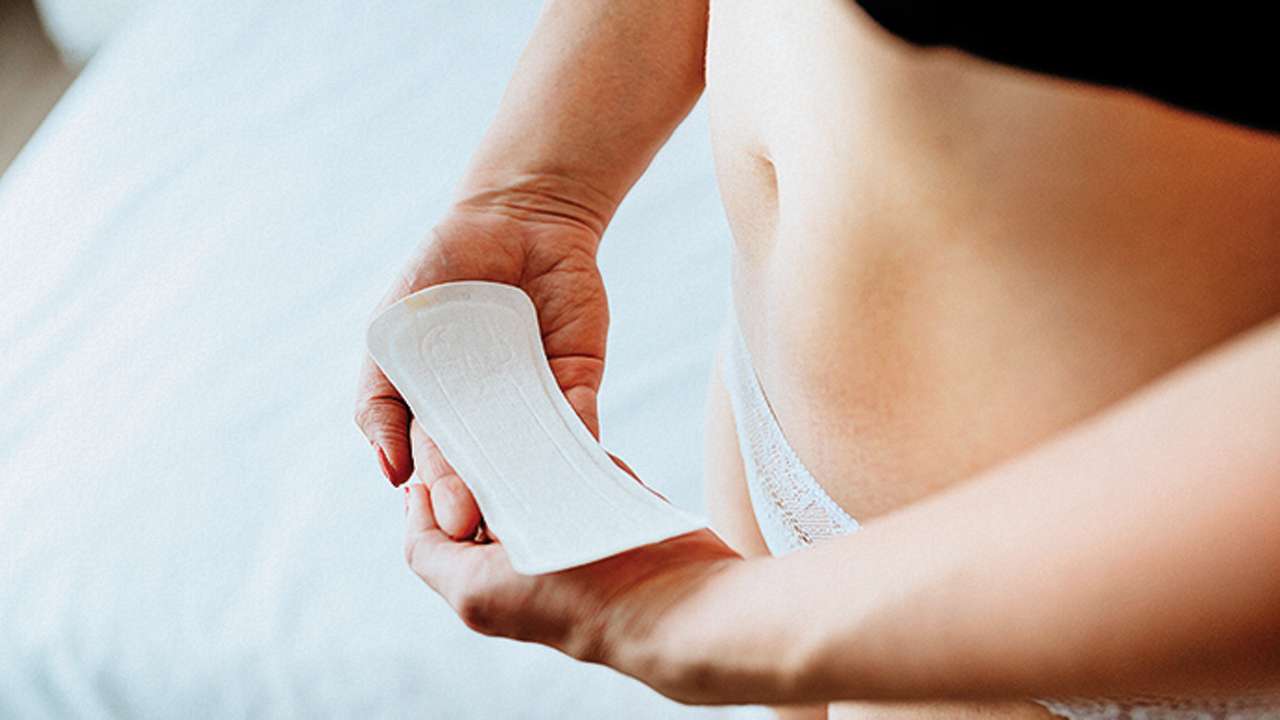
Survival, protection, and empowerment of girls have started getting a special focus in India now, thanks to the ‘Beti Bachao Beti Padhao’ initiative and other gender equality programmes and talks by informed citizens and civil society groups. What’s more, popular mainstream cinema is also doing its bit by making movies like PadMan, which is based on the life of a social entrepreneur Arunachalam Muruganantham, who has been widely hailed for engineering a low-cost sanitary napkin revolution.
Menstrual hygiene and adequate knowledge of menarche play a crucial role in empowering girls, more so because the subject is shrouded in myths and taboos in the Indian society.
Women, particularly adolescent girls, remain ignorant of the scientific knowledge of menstruation and hygienic health practices. Their ignorance and lack of knowledge have often resulted in adverse health outcomes.
Menstruation is a natural process. Its onset is one of the most important physiological changes occurring in girls in adolescence. It starts between the age of 11 and 15 years and thereafter continues till menopause.
Hygiene during menstruation is of utmost importance. It plays a pivotal role in health and wellbeing of menstruating girls and women. Most important bearing of menstruation is on the reproductive tract infections (RTIs), which have become an epidemic in India.
Millions of women suffer pain and misery, often silently, due to morbidity on this account. Often the infection is transmitted to the offspring of the pregnant mother. A lack of menstrual hygiene also impacts the morbidity, mortality and health of infants.
Unfortunately, despite an adverse impact on the health of adolescent girls, women, and new-born children, discussing menarche continues to be a taboo in our society.
We feel shy of discussing with our daughters what menstruation is and why it happens. Endeavour is to keep it a closely guarded secret. Both men and women are uncomfortable while buying a sanitary napkin over the counter.
Even the salesperson wraps it in a newspaper and then in a black polybag, with utmost care to ensure other customers do not get a glimpse of it.
Sachi Saheli, an NGO working on the promotion of menstrual hygiene and breaking the myths associated with it, has conducted a study among 5,400 adolescent girls over the last one year. All the girls were students of Delhi government’s schools. The study revealed a wealth of knowledge on menarche. A whopping 56.6 per cent of the girls studied told that they had no knowledge of menstruation before the onset of menarche. The finding tells unambiguously that even in the national capital, there is immense reluctance in discussing menstruation.
Another surprising finding of the study is that even mothers do not talk to their daughters about menstruation.
Only 37 per cent of the girls who were surveyed were told about menstruation by their mothers. So almost an equal number of them had to turn to their sisters or friends to clear the clouds of mystery surrounding menarche.
However, in light of a general lack of knowledge among girls about this phenomenon, the information that the girls get from their sisters or friends cannot always be trusted as it may lack accuracy.
Another startling finding of the survey is that only a few teachers discuss menstruation with students in schools.
The study informs that only 21.5 per cent of the girls got to know about menarche from their teachers. This is despite the fact that sex education in schools is now emphasised and there is a national programme on menstrual hygiene for adolescent girls.
What makes the situation worse is a lack of access to written material on menarche. The study informs that just 5.7 per cent of the girls studied had read about menstruation.
Menstruation is a monthly reality for women for more than three decades of their lives. Thus, menstrual hygiene is fundamental to their dignity and well-being. We can’t afford to keep believing it as something unclean or dirty and ignore it. Menstruation must be discussed freely in households. It is important to educate mothers in a family who are usually the principal point of contact when a girl first gets her period. Unfortunately, studies have reported that 70 per cent mothers in India consider menses ‘dirty’ and ‘polluting’.
This needs to change sooner than later. However, the discussion on the subject should not remain restricted to women members of the household. It must involve the male members as well who need to understand its scientific basis and need of menstrual hygiene. We must reach that stage quickly when sanitary napkins can be asked for in a shop in a loud voice and brought home without wrapping them in newspapers and black polybags.
Creation of an enabling environment in schools is another vital aspect. The subject must be a compulsory part of the curriculum. Teachers need to be trained to become a significant source of information for girls. As the girls tend to discuss menstrual problems with their peers, students must be motivated to become peer leaders and act as models, mentors, educators and counsellors.
Let’s not waste a single day more to mitigate the physical agony, mental trauma and sufferings of millions of girls and women owing to menstruation.
Author is a gynaecologist working on menstrual hygiene related issues.